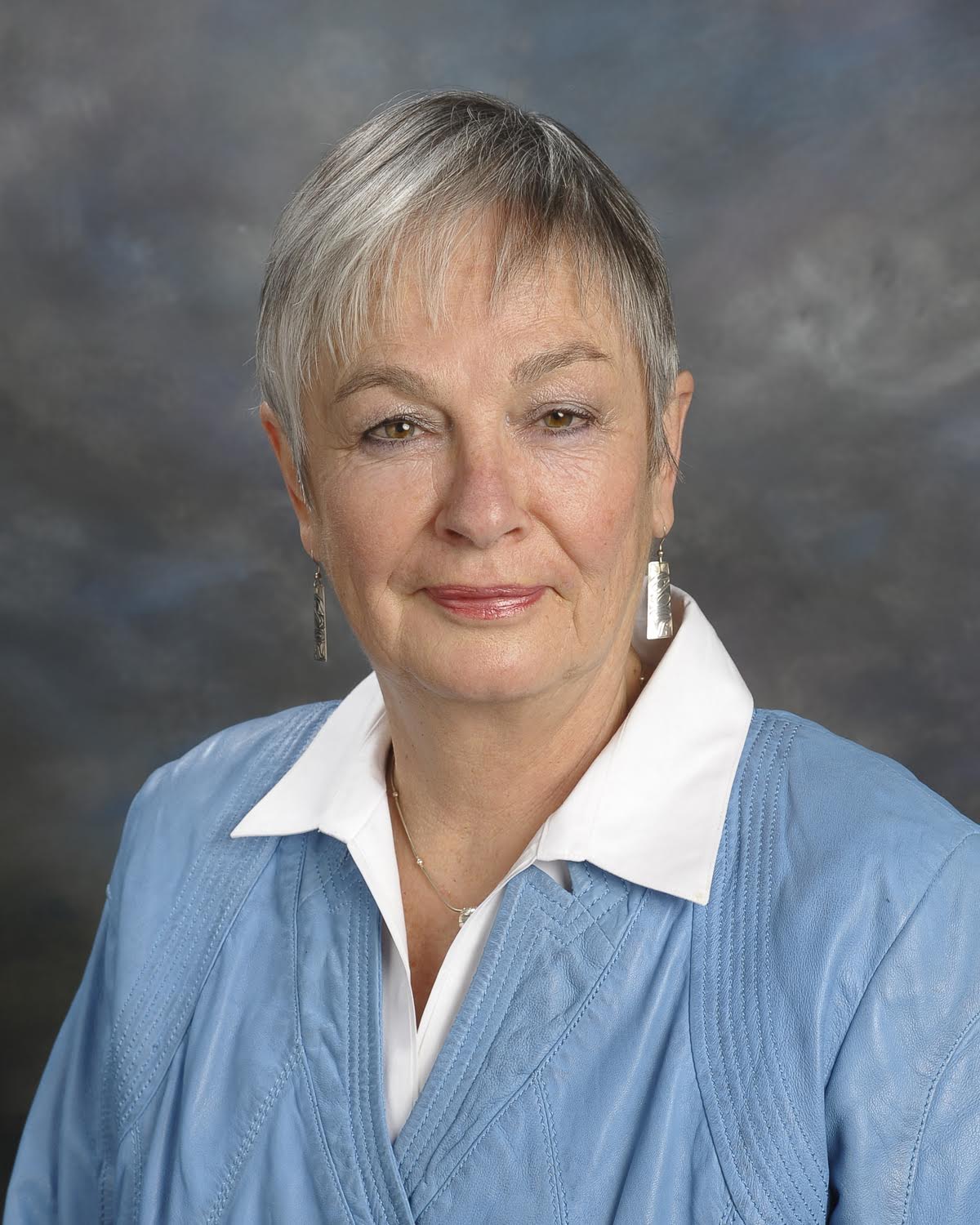
Features
Q & A
Women in Forestry
‘Raise your voice and make a difference!’: Q&A with Prof. Peggy Smith
March 6, 2023 By Jennifer Ellson

Dr. Peggy Smith is a registered professional forester and a renowned professor whose research have focused on the social impacts of natural resources management, especially Indigenous peoples’ rights, community forestry, public participation, northern development, and forest certification. She is currently Professor Emerita, Faculty of Natural Resources Management, and former Interim Vice-Provost Indigenous Initiatives at Lakehead University.
In her many years of experience in the industry, she has raised her voice to make a huge difference and is encouraging women to do the same.
CFI: What drew you to forestry and your job at Lakehead?
I think I was going through a mid-life crisis in my mid-30s. I had been a secretary for almost 20 years and was tired of living close to the poverty line, unable to buy a house or afford a car as a single woman working in the “pink ghetto”. I decided to return to school.
Forestry was the discipline I settled on because it brought together my personal history and interests.
Advertisement
I come from a family of loggers and farmers with mixed blood (Cree) ancestry. I moved to Thunder Bay, Ont., from a bush camp near Manitouwadge, Ont., in the middle of my first year of school in a one-room schoolhouse in Stevens, Ont. Thunder Bay became home, but I left when I was 17 to travel the world and work across Canada. I became interested in social change, including women’s liberation and a concern about the environment. I also began to explore my Indigenous roots, inspired by my younger sister who was part of a group of young folks who, under Xavier Michon’s leadership, established the Thunder Bay Indian Friendship Centre.
Forestry seemed to me to be the place where I could come home to my family and Lakehead University, and bring together my interests around Indigenous peoples’ place on the land and in decision-making, feminism, the environment through better forestry practices, and earning a better living in a largely male-dominated field. In 1991, I graduated from the honours bachelor of science in forestry, the same year that the National Aboriginal Forestry Association (NAFA) was founded. My first contract was with NAFA.
After working at NAFA for a few years, I decided to pursue graduate studies and enrolled in the University of Toronto’s Faculty of Forestry in 1997. In 2000, Lakehead University’s Faculty of Forestry and the Forest Environment approached me to see if I would be interested in applying for a position that would develop Indigenous programming in the faculty. I jumped at the chance to return home, to my family and alma mater, and to work on expanding the knowledge of forestry students about Indigenous issues. It took me another seven years to complete my PhD with the added burden of teaching, research and administrative work, but I finally got it done! I retired from Lakehead University in 2017.
CFI: What was it like for women when you first got involved in the industry?
Because I was in the forest policy arena, promoting rights-based Indigenous engagement in the forest sector, I attended a lot of meetings.
Many times, I was the only woman in the room. Often times, it meant challenging the men in the room about their language about and treatment of women and Indigenous people. Even to this day, there are times when I raise issues in meetings but my voice is ignored. I note that more attention is paid when it’s a man making the same point. But I think, overall, there is a growing respect for and solicitation of women’s leadership in the sector.
CFI: What can companies do to attract and retain women?
I was involved with the National Steering Committee on Gender Equity in the Forest Sector led by a partnership between the Centre for Social Intelligence and the Canadian Institute of Forestry (CIF). There are some great tools that came out of this process and I would urge companies to use them. The CIF has a website – Free to Grow – where you can find resources. Included on the site is a small study I worked on with Erin Knight on Indigenous Women’s Leadership in the Forest Sector (2021).
CFI: What advice do you have for those considering a career the forest industry?
I think we’re entering a transformative stage in the forest sector, with opportunities for addressing challenges and introducing more innovation in the sector. Issues I was concerned about in the late 1980s persist and there is always room for improvement. Raise your voice and make a difference!
This article is part of CFI, Pulp & Paper Canada and Canadian Biomass’ Women in Forestry series, an annual celebration of women in the industry. Find more content here and follow us on social media with the hashtag: #WomeninForestry.
Remember to join us for the Women in Forestry Virtual Summit on Mar. 7 at 11 am ET/8 am PT! It’s FREE to register. Sign up now!
Print this page